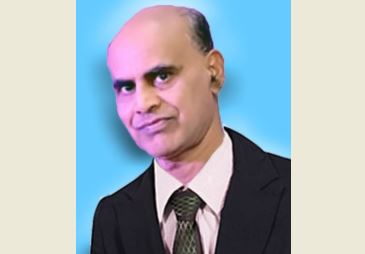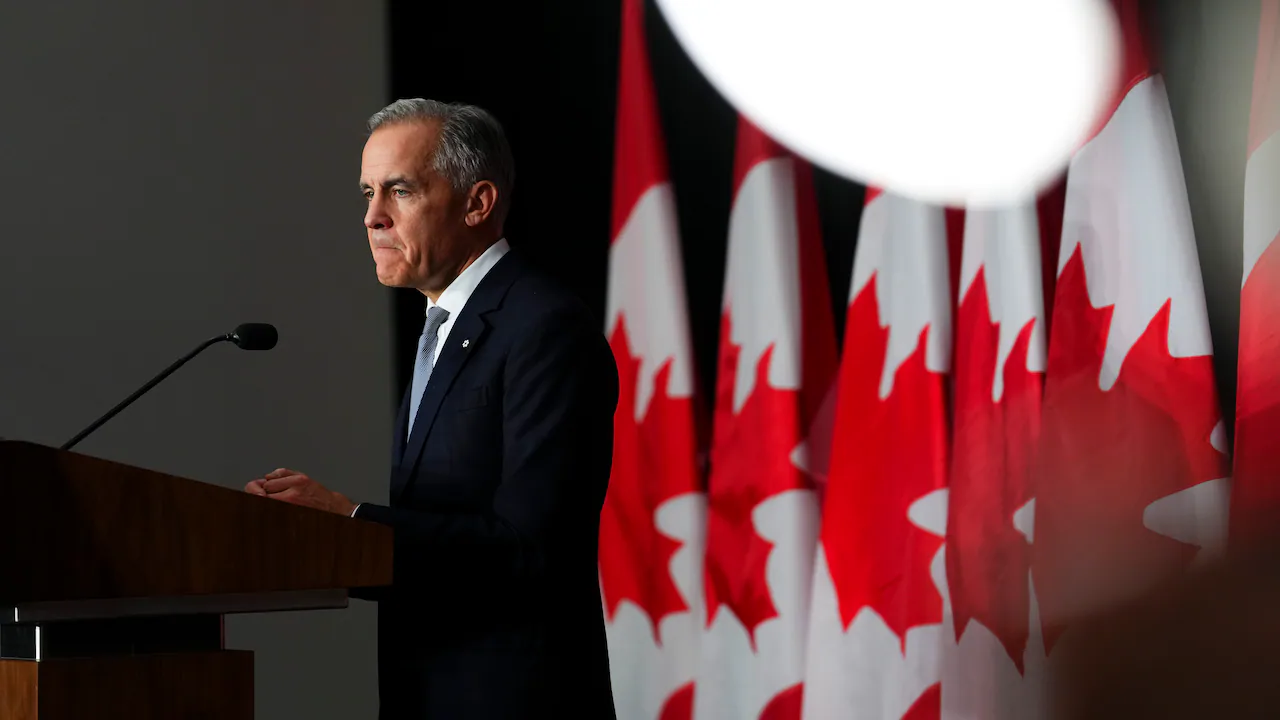Copyright orissapost

By Nalinikanta Dhar The 30th Conference of Parties (COP-30) on climate change will be held from November 10 to 21 in Belém, Brazil, bringing together nearly 40,000 delegates from about 200 countries. Since its inception in 1995 in Berlin under the United Nations Framework Convention on Climate Change (UNFCCC), the COP process has aimed to build consensus on science-based strategies to reduce greenhouse gas emissions and plan long-term climate action. Since the Industrial Revolution, rapid industrialization has transformed human living standards. Yet, Europe and North America alone have been responsible for nearly 47% of cumulative global carbon emissions. Developing nations, with limited capital, technology, and infrastructure, have borne the greatest burden of climate disruption despite contributing little to the problem. Today, the evidence of climate change is everywhere — rising temperatures, intensifying cyclones, heatwaves, droughts, and storms. These have triggered food insecurity, health crises, water scarcity, and economic shocks, displacing millions and deepening inequality. According to the UN’s Multidimensional Poverty Index, nearly one billion people worldwide are now directly affected by climate change. For a poor nation, a single major climate disaster can undo decades of development. Climate change knows no borders. The IMF ranks it among the top five global risks. The Kyoto Protocol of 1997 was a milestone for establishing legally binding emission-reduction targets for developed countries. The 2015 Paris Agreement went further, uniting all nations in a shared goal to limit global warming to below 2°C, with determined efforts to keep it within 1.5°C. Recognising historical responsibility, the principle of “Common but Differentiated Responsibilities” (CBDR) was adopted — holding that wealthy nations must bear a greater share of the burden. At Copenhagen in 2009, developed countries pledged to mobilise $100 billion annually by 2020 to support developing nations. The target was met only by 2022, and even then, over 60% of funds went toward mitigation — mainly in the energy and transport sectors — while adaptation, crucial for vulnerable regions, received very little. Moreover, much of this financing came as loans rather than grants, undermining the very spirit of climate justice. Compounding this, the United States — the world’s largest historical emitter — withdrew from the Paris Agreement in 2017 under President Donald Trump and remains hesitant to recommit fully. Several major financial institutions — JP Morgan, BlackRock, Goldman Sachs, CitiGroup, Morgan Stanley, and Bank of America — have also withdrawn from Net-Zero alliances, weakening global climate-finance mechanisms. The world now looks to COP-30 with a mix of hope and apprehension. UNICEF’s latest analysis shows that global emission reduction has reached only 24% instead of the 60% needed to stay within safe limits. China, responsible for about 29% of global emissions, has reduced its output by only 7–10%. Meanwhile, the rapid expansion of artificial intelligence and data centres, consuming massive electricity and water, adds new stress to an already fragile planet. History shows that a lack of political will and cooperation among developed nations has been the biggest barrier to climate progress. Humanity depends on clean air, water, soil, and thriving ecosystems — these are not privileges but rights. Wealthy nations and corporations cannot continue to pollute for profit while the world’s poor bear the consequences. In July 2025, the International Court of Justice in The Hague reaffirmed that developed nations have both a moral and legal duty to maintain a balanced environment — a responsibility with no substitute. The Global South, therefore, is justified in demanding fair financial and technological support for climate resilience. As India’s leadership grows on global platforms, it is expected to play a decisive role at COP-30 — championing equity, justice, and the planet’s collective survival. The writer is an expert in economics. Views are personal.



